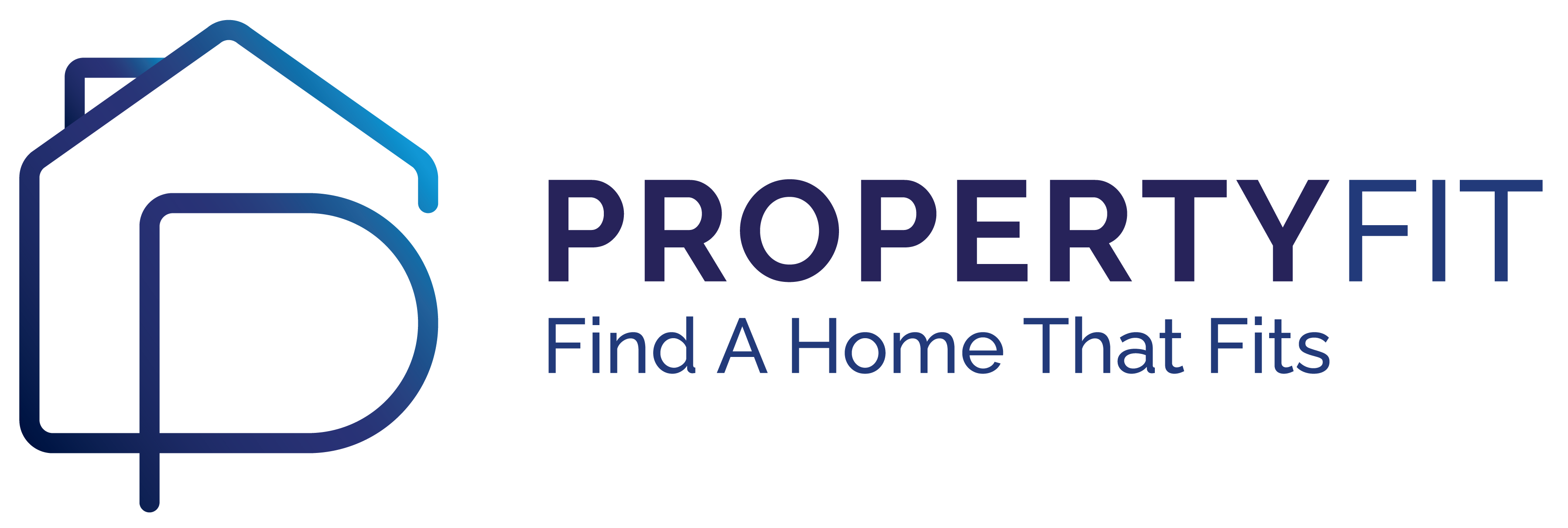
If you’re thinking of buying property in Bangkok, you’ve likely come across two types of ownership: leasehold and freehold. Understanding the difference is important because each comes with unique advantages and considerations. In this friendly guide, we’ll explain the basics of leasehold and freehold in Bangkok so you can choose the best option for your property goals.
1. What Are Leasehold and Freehold?
Leasehold:
- When you buy a leasehold property, you don’t own the property forever. Instead, you lease it for a set period, usually 30 years in Thailand.
- After the lease period ends, the property ownership returns to the landlord or landowner, unless you can renew the lease or have a separate agreement.
Freehold:
- Buying a freehold property means you fully own it outright. You hold the title deed in your name, and your ownership doesn’t expire (unless you decide to sell).
2. Leasehold in Bangkok
How It Works
- You sign a lease agreement with the landowner (often 30 years, sometimes with an option to renew).
- You can enjoy the property during the lease period, but after it ends, ownership typically goes back to the landowner.
Pros of Leasehold
- Generally more affordable than freehold properties.
- Ideal if you plan to live in or use the property for a limited time.
- Some luxury condos in prime areas offer leasehold at lower prices compared to freehold units in the same location.
Cons of Leasehold
- You don’t own the property permanently, so there’s less long-term security.
- Reselling a leasehold property can be more complicated, as the remaining lease term might be short.
3. Freehold in Bangkok
How It Works
- You own the property and the land (or the condo unit) completely and indefinitely.
- Your name appears on the title deed (called “Chanote” in Thailand), giving you full ownership rights.
Pros of Freehold
- Stronger long-term investment potential, since you can keep or sell the property at any time.
- Easier to transfer or pass on to family members.
- Typically higher resale value and easier to resell.
Cons of Freehold
- Often more expensive upfront.
- Foreigners cannot directly own land in Thailand under normal circumstances, although they can own freehold condos (up to 49% of the total condo space).
4. Comparing Leasehold vs. Freehold
| Category | Leasehold | Freehold |
|---|---|---|
| Ownership Duration | Fixed term (often 30 years) | Indefinite, permanent |
| Upfront Cost | Lower in many cases | Typically higher |
| Resale Potential | Harder to sell later | Easier to sell or transfer |
| Long-Term Security | Limited | Strong |
| Foreign Ownership | Possible for any type of property. | Foreigners can own condos (49% rule) |
When deciding, consider how long you plan to keep the property, your budget, and your future goals.
5. Important Legal Points
Foreign Ownership Rules
- Foreigners can own a freehold condo as long as the total foreign quota (49% of the total sellable area) isn’t exceeded.
- For land, foreigners usually cannot hold it in their own name. Many choose leasehold or set up a legal entity under certain conditions.
Renewal Options
- Leaseholds may have an option to renew for another term, but it’s not always guaranteed by law. It depends on the contract and the landowner.
- Make sure to read the lease agreement carefully or consult a lawyer before signing.
6. Deciding Which Is Right for You
- Consider Your Timeline:
- If you only need the property for a few years or don’t plan to stay long-term, a leasehold might be enough.
- If you want a long-term investment or a forever home, freehold is usually more secure.
- Think About Budget:
- Leasehold can be more affordable initially.
- Freehold may require a bigger investment, but offers potential for better resale value.
- Future Goals:
- Leasehold can work if you’re looking to enjoy a property in a prime location at a lower cost.
- Freehold suits those wanting to build equity and pass the property on to family members.
Conclusion
Choosing between leasehold and freehold in Bangkok depends on your personal goals, budget, and how long you want to own the property. Leasehold can be a good option for short-term or more affordable ownership, while freehold gives you full control and long-term value. With the right research and professional advice, you can find the perfect solution for your Bangkok property journey.
By understanding leasehold vs. freehold clearly, you’ll be better prepared to make the right decision for your lifestyle and investment plans. Good luck in finding your perfect place in Bangkok!




